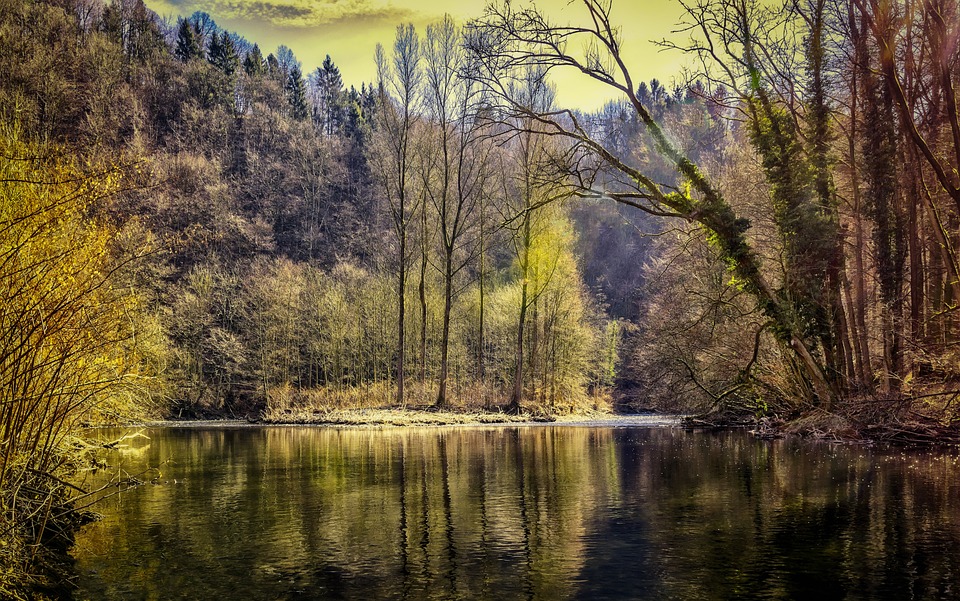Exploring the Arctic Oasis: Pond Inlet
Pond Inlet, a charming hamlet located on the northern tip of Baffin Island in the Canadian Arctic, is often referred to as the “gateway to the North”. This remote community is a hidden gem, offering visitors a unique opportunity to experience the beauty and wonder of the Arctic wilderness. With its pristine landscapes, rich cultural heritage, and abundant wildlife, Pond Inlet has become a popular destination for eco-tourism enthusiasts seeking a sustainable and responsible travel experience.
A Sustainable Approach to Travel
In recent years, Pond Inlet has seen a significant increase in eco-tourism, as travelers become more conscious of the environmental impact of their journeys. This environmentally-friendly approach to travel focuses on preserving and protecting the natural beauty of the Arctic while promoting sustainable tourism practices that benefit local communities. From minimizing waste and reducing carbon emissions to supporting indigenous businesses and wildlife conservation efforts, eco-tourism in Pond Inlet is paving the way for a more responsible and ethical travel industry.
One of the key principles of sustainable travel in Pond Inlet is the promotion of cultural exchange and mutual respect between visitors and the local Inuit community. By engaging with indigenous guides and participating in traditional activities such as dog sledding, igloo building, and seal hunting, travelers gain a deeper understanding and appreciation of Inuit culture and traditions. This cultural immersion not only enriches the travel experience but also helps to preserve and celebrate the unique heritage of the Arctic region.
Exploring the Arctic Wilderness
Pond Inlet offers a wide range of eco-friendly activities for visitors to explore the breathtaking landscapes and wildlife of the Arctic wilderness. From guided hiking tours to kayaking expeditions and wildlife watching excursions, there are countless opportunities to immerse oneself in the pristine beauty of the region while minimizing impact on the environment. One of the most popular attractions in Pond Inlet is the nearby Sirmilik National Park, home to dramatic fjords, towering mountains, and a diverse array of wildlife, including polar bears, beluga whales, and arctic foxes.
For those looking to experience the Arctic from a different perspective, eco-friendly cruises and expeditions provide a unique opportunity to witness the stunning landscapes and wildlife of the region while sailing through icy waters. These sustainable travel options not only offer a once-in-a-lifetime adventure but also support local guides, businesses, and conservation efforts in Pond Inlet.
Supporting Local Communities and Conservation
One of the main goals of eco-tourism in Pond Inlet is to support local communities and conservation initiatives in the Arctic. By choosing eco-friendly accommodations, dining at locally-owned restaurants, and purchasing handmade crafts from indigenous artisans, travelers can contribute to the economic development and cultural preservation of the region. In addition, many eco-tourism operators in Pond Inlet partner with wildlife conservation organizations to support research and protection efforts aimed at preserving the fragile ecosystem of the Arctic.
Visitors to Pond Inlet can also participate in volunteer programs and cultural exchanges with local communities, helping to build meaningful connections and promote cross-cultural understanding. By actively engaging with the Inuit people and learning about their traditions, history, and way of life, travelers can create lasting memories and foster mutual respect and appreciation for the Arctic environment.
The Future of Eco-Tourism in Pond Inlet
As eco-tourism continues to grow in popularity, Pond Inlet is poised to become a leading destination for sustainable travel in the Arctic. With its pristine landscapes, rich cultural heritage, and commitment to responsible tourism practices, Pond Inlet offers visitors a unique opportunity to experience the wonders of the Arctic while contributing to the conservation and preservation of this fragile ecosystem. By choosing eco-friendly travel options, supporting local communities, and engaging in cultural exchanges, travelers can make a positive impact on the environment and help to ensure a brighter future for the Arctic region.
